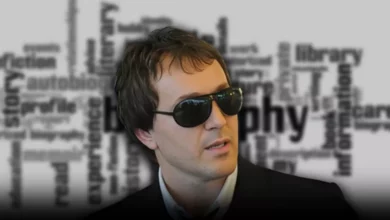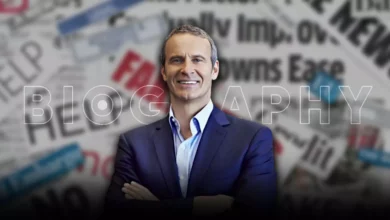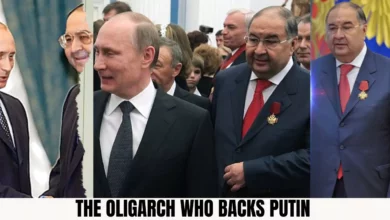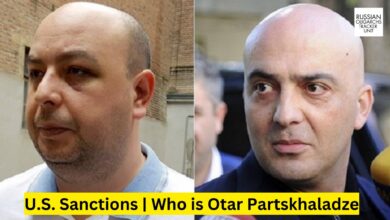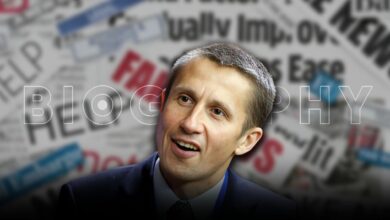Yuri Kovalchuk: Biography of Russian Billionaire and Putin’s Personal Banker
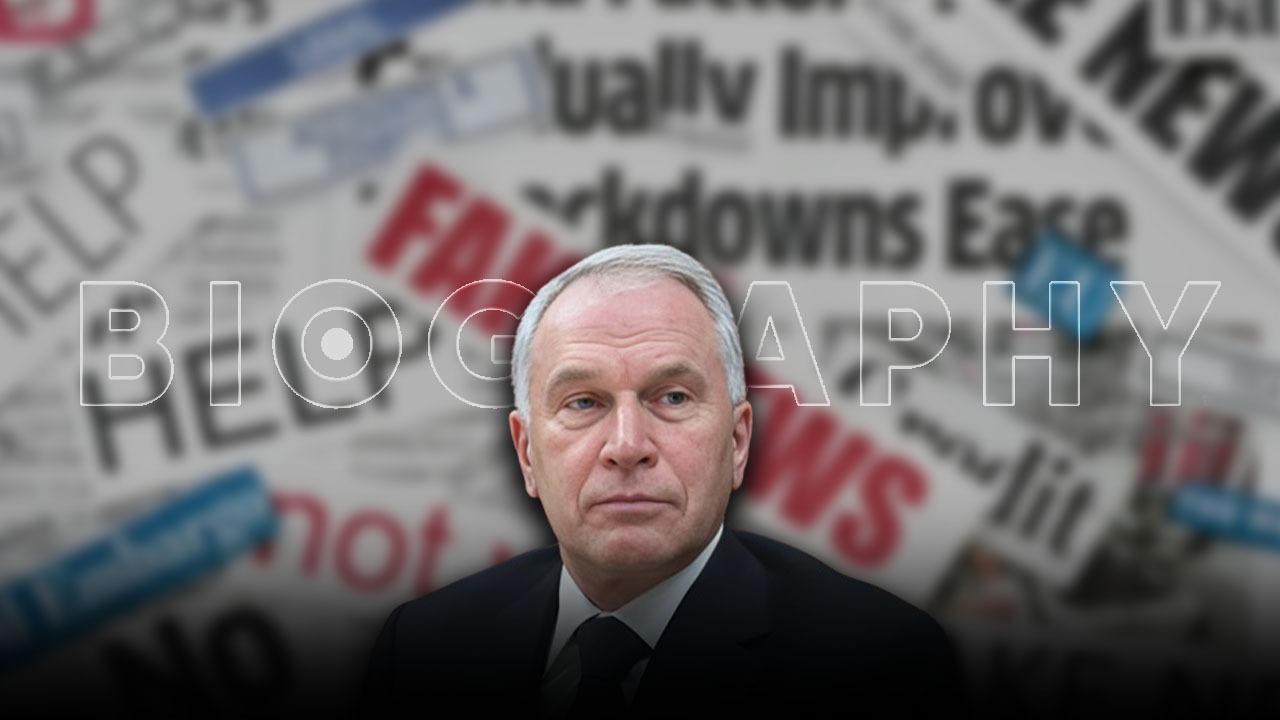
Childhood and Family Background
Yuri Kovalchuk was born on July 25, 1951, in Leningrad (now St. Petersburg), Russia. He grew up in a highly educated family, with his father, Valentin Kovalchuk, being a history professor and lecturer at Leningrad State University, and his mother, Miryam Abramovna, working at the history department of the same university. Yuri had an older brother, Mikhail, who was born five years before him.
Education and Early Scientific Career
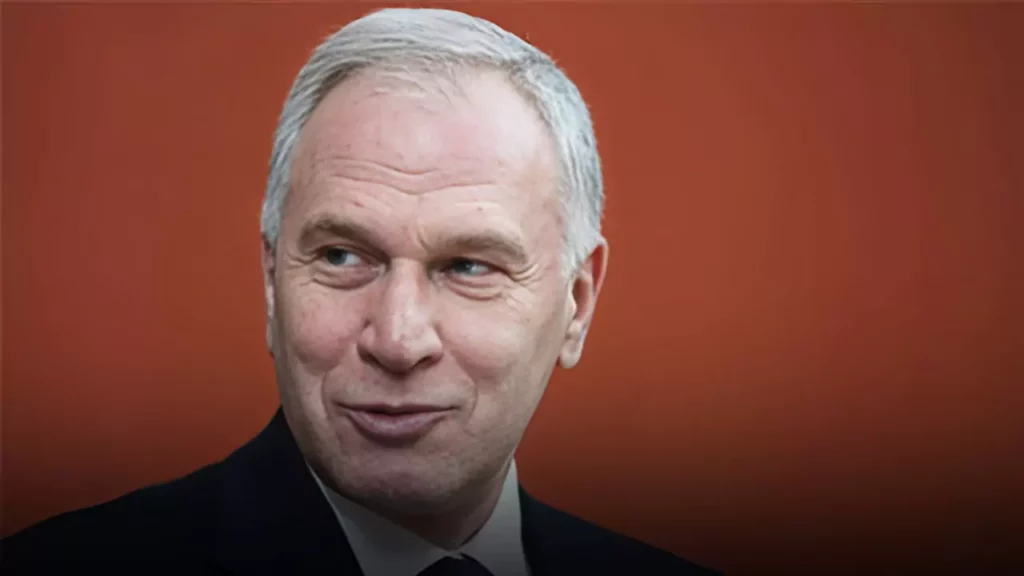
Despite his mother’s Jewish nationality, Yuri was admitted to Leningrad State University’s physics department, where he studied from 1969 to 1974. He displayed an early interest in the exact sciences, reflecting his family’s academic background. After obtaining his diploma, Yuri continued his education at Leningrad State University, completing his graduate studies and defending his Ph.D. thesis in 1979. He further advanced in his academic pursuits and earned the title of Doctor of Physical and Mathematical Sciences in 1987.
During his early career, Yuri worked as a research fellow at the Physicotechnical Institute named after A.F. Ioffe. His research focused on semiconductors and lasers, areas he had been interested in since his youth. Yuri’s success in scientific research led to advancements in his career, and in 1988, he became the deputy of Zhores Alferov, the director of the Physicotechnical Institute at the time.
Transition to Private Business
In 1991, a disagreement between ambitious scientists, including Yuri Kovalchuk, and the head of the Physicotechnical Institute, Zhores Alferov, prompted Yuri and his associates to leave the scientific field and venture into private business. This period coincided with the active phase of private business development in Russia following the collapse of the USSR.
Yuri became the president of the Center for Advanced Technologies and Development, where he utilized his scientific background in a business context. In the same year, he played a significant role in the creation of the joint-stock company Semiconductor Devices, leveraging the production of lasers used in medicine. This enterprise laid the foundation for the establishment of Rossiya Bank, a major joint-stock bank in Russia.
Role in Rossiya Bank and Association with Putin
Yuri Kovalchuk, along with associates Vladimir Yakunin and the Fursenko brothers, became the founders of Semiconductor Devices in 1991. This venture required financial support, leading to the establishment of Rossiya Bank. Initially serving members of the Communist Party and KGB employees, the bank faced a temporary suspension of activities during the August coup in 1991 but resumed operations in 1992.
Vladimir Putin, then acting on behalf of the mayor’s office in St. Petersburg under Anatoly Sobchak, played a crucial role in reactivating Rossiya Bank. This collaboration marked the beginning of Kovalchuk’s association with Putin, and the bank started receiving foreign investments.
In 1996, Yuri Kovalchuk, along with Putin and other associates, formed the Ozero Dacha cooperative. This cooperative, established on the shore of Komsomolskoye Lake in the Priozersky district of the Leningrad region, solidified Kovalchuk’s connection with Putin, not only as a business partner but also as a friend.
Leadership and Growth at Rossiya Bank
Yuri Valentinovich assumed various roles within Rossiya Bank, starting as vice-chairman in 1992 and later becoming the chairman in 2004. Under his leadership, the bank underwent significant expansion and diversification, making strategic acquisitions in the financial sector.
In 2003, Rossiya Bank, with Yuri Kovalchuk holding a 41% stake, went public through an initial public offering (IPO). This marked a pivotal moment in his career, as the bank continued to grow its influence and assets. The co-owners of Rossiya Bank included prominent figures such as A. Mordashev and G. Timchenko.
Rossiya Bank
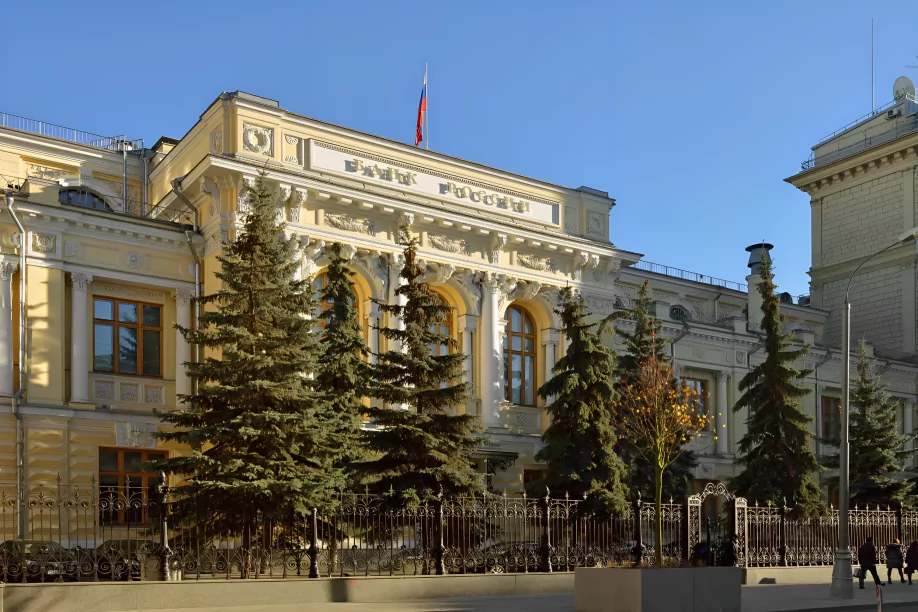
Rossiya Bank, also recognized as Akcionernoe Obshhestvo Bank Rossiya, stands as a Russian financial entity entwined with the administration of Vladimir Putin, acknowledged by the U.S. government as Putin’s personal fiscal reservoir. Offering an array of financial services, including brokerage, custody, bank cards, mortgages, deposits, depository, and securities services, the institution holds a multifaceted portfolio.
Delving into pivotal particulars regarding Rossiya Bank:
- Foundation Date: The bank’s establishment date remains undisclosed.
- Legal Structure: Rossiya Bank functions as a Public Joint Stock Company (PJSC).
- Legal Domain: The bank holds registration in Russia.
- SWIFT/BIC Code: The distinctive SWIFT/BIC code associated with Rossiya Bank is ROSYRU2P.
- Tax Identification: The bank’s tax identification number is 7831000122.
- Contact Number: To reach Rossiya Bank, dial +78123358969.
In recent times, Rossiya Bank has encountered censure and scrutiny due to its affiliation with the Russian government and President Putin. Notably, in October 2021, the U.S. government imposed sanctions on the institution. Furthermore, in February 2022, British Prime Minister Boris Johnson declared sanctions targeting five financial institutions, including Rossiya Bank. Despite these constraints, the bank has adeptly sustained its operations and, as of July 2023, has asserted itself to be among the foremost deciles of credit institutions, gauged by the magnitude of deposits.
Expansion into Media Business
In the early 2000s, Yuri Kovalchuk expanded his business interests into the media industry. After acquiring a controlling stake in the Sogaz insurance company in 2005, he became increasingly involved in media ventures. His media portfolio included the “Fifth” television and radio channel in St. Petersburg, which served as the cornerstone for the formation of the National Media Group (NMG) between 2008 and 2012.
Under Kovalchuk’s leadership, NMG acquired assets such as Ren-TV, Channel One, STS, Izvestia, and Life for the Whole Week. This diversification reflected Kovalchuk’s influence not only in the financial sector but also in the media landscape of Russia.
Timeline of Career of Yuri Kovalchuk
| Year | Event |
|---|---|
| 1951 | Yuri Valentinovich Kovalchuk was born on July 25 in Leningrad (now St. Petersburg), Russia. |
| 1969-1974 | Yuri studied at Leningrad State University’s physics department. |
| 1979 | Completed graduate studies and defended his Ph.D. thesis at Leningrad State University. |
| 1987 | Earned the title of Doctor of Physical and Mathematical Sciences. |
| 1988 | Became the deputy of Zhores Alferov, the director of the Physicotechnical Institute. |
| 1991 | Disagreement with Zhores Alferov led to Yuri leaving the scientific field. |
| 1991 | Became the president of the Center for Advanced Technologies and Development. |
| 1991 | Played a significant role in the creation of Semiconductor Devices and the establishment of Rossiya Bank. |
| 1992 | Rossiya Bank resumed operations after a temporary suspension during the August coup. |
| 1996 | Formed the Ozero Dacha cooperative with Vladimir Putin and others. |
| 2004 | Yuri Kovalchuk became the chairman of Rossiya Bank. |
| 2003 | Rossiya Bank went public through an initial public offering (IPO). |
| 2005 | Formed an Ozero Dacha cooperative with Vladimir Putin and others. |
| 2008-2012 | Formed the National Media Group (NMG) and acquired assets such as Ren-TV, Channel One, STS, Izvestia, and Life for the Whole Week. |
Challenges and Sanctions
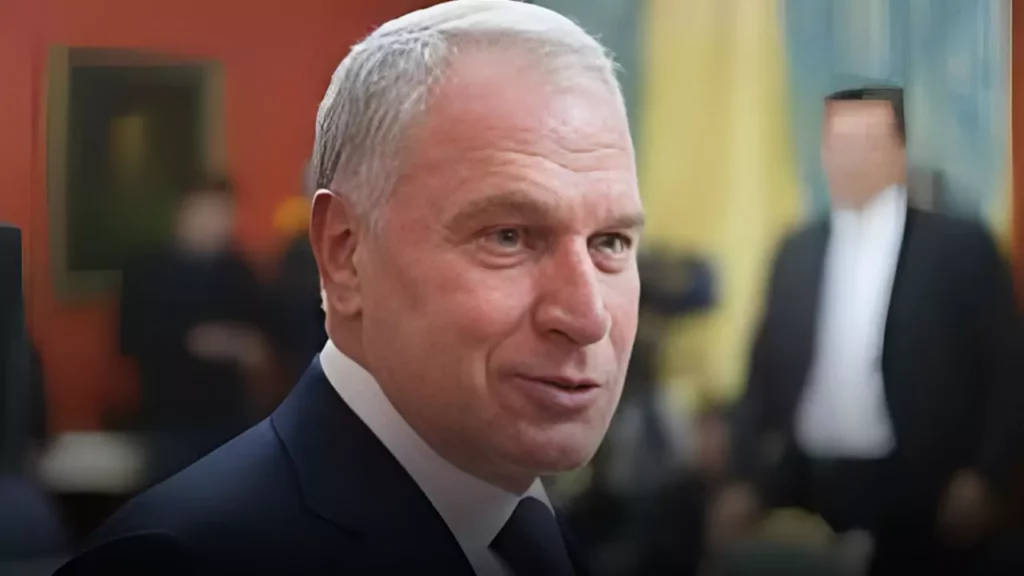
In 2014, Rossiya Bank faced sanctions imposed by the U.S. Treasury, which posed a threat of bankruptcy. However, Kovalchuk’s close relationship with Putin played a crucial role in preventing the dire consequences of the sanctions. Speculations arose that Rossiya Bank might be involved in financing the salary of the Russian President.
Post-Sanctions Era and Current Involvements
Since 2015, Yuri Kovalchuk has chaired the advisory board of Rossiya Joint Stock Bank. Despite facing challenges such as sanctions and the economic downturn, Rossiya Bank has managed to navigate through these difficulties, partly due to Kovalchuk’s strategic decisions and his ties to the political establishment.
In addition to his role in the banking sector, Kovalchuk continues to be involved in various national and international organizations. He joined the Russian Presidential Commission for Modernization and Technological Development in 2009, showcasing his commitment to contributing to the country’s socio-economic advancement.
Controversies
Leaked Documents Expose $2 Billion in Offshore Deals
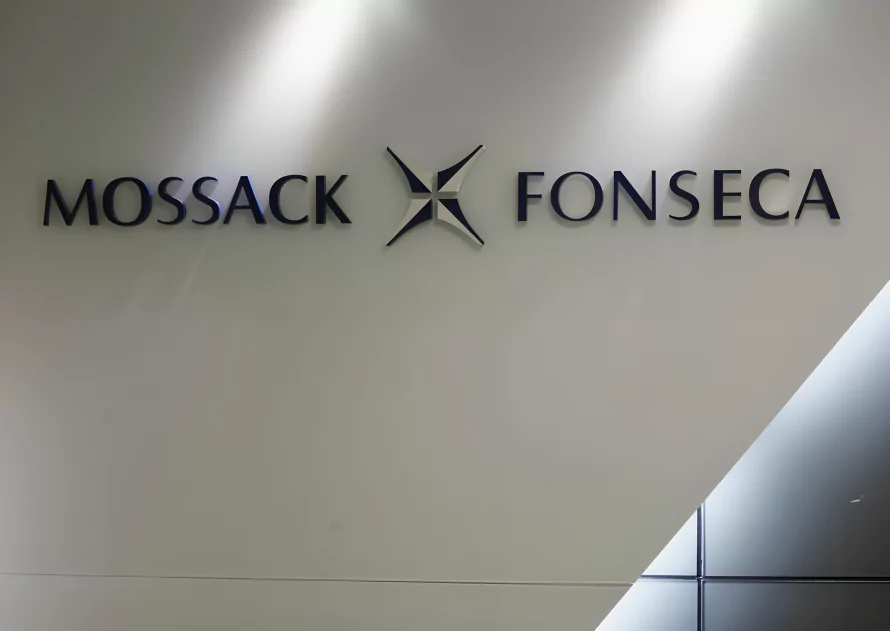
A massive leak of documents, part of an unprecedented disclosure of millions of papers from Mossack Fonseca, the fourth-largest offshore law firm globally, exposes a network of secret offshore deals and substantial loans totalling $2 billion, leading to Yuri Kovalchuk, the head of Bank Rossiya. While the records do not directly implicate Russian President Vladimir Putin, a clear pattern emerges, revealing that individuals close to Putin, including Kovalchuk, have accumulated immense wealth through deals seemingly facilitated by the president’s influence.
The leaked documents shed light on Sergei Roldugin, Putin’s close friend and godfather to his older daughter. Roldugin, a professional musician, has been positioned as the ostensible controller of assets worth over $100 million. Notably, he holds a 12.5% stake in Video International, Russia’s largest TV advertising agency, which was previously concealed from public knowledge. Roldugin also owns stakes in Bank Rossiya, Kamaz (a Russian truck manufacturer), and a Cyprus-registered company called Raytar.
The financial schemes outlined in the leaked files indicate that Rossiya Bank, led by Yuri Kovalchuk, orchestrated the transfer of at least $1 billion to the offshore entity Sandalwood Continental. The funds originated from substantial unsecured loans from state-controlled Russian banks, including the Russian Commercial Bank (RCB) in Cyprus. The files reveal unconventional credit lines, with some funds being lent back onshore to Russia at exorbitant interest rates, funnelling profits to secret Swiss accounts.
Sandalwood Continental, linked to Kovalchuk and Bank Rossiya, utilized the funds for various purposes, including the purchase of a $6 million yacht and providing cheap loans to individuals in Putin’s circle. The offshore maneuvers involved complex layers of secrecy, with instructions from Bank Rossiya staff routed through a confidential intermediary in Switzerland, which in turn engaged Mossack Fonseca to establish shell companies in the British Virgin Islands.
The revelations indicate a series of questionable transactions, including fake share deals, substantial charges for vague consultancy services, and significant payments as compensation for allegedly cancelled share deals. The Panama Papers suggest that these financial strategies were employed to continually move and conceal assets.
While the documents do not directly implicate Putin, they expose a network of individuals, including Yuri Kovalchuk, who have amassed substantial wealth through offshore dealings. Kovalchuk, identified as a “personal banker” for senior Russian government officials, now faces increased scrutiny as leaked records unveil an intricate web of financial maneuvers connected to Bank Rossiya.
Net Worth of Yuri
According to Forbes, Yuri Kovalchuk‘s net worth is $2 billion as of November 24, 2023.
Other sources, however, give different figures. His net worth is estimated to be $650 million by some, and $5 million by others.
Yuri Kovalchuk‘s net worth has seen fluctuations over the years, largely tied to his ownership of AB Rossiya Bank. His ventures include participation in the IPO of Rossiya Bank, the acquisition of media assets, and ownership of a Bombardier Global Express supermarket.
Despite the challenges faced by the Russian economy and the banking sector, Kovalchuk’s ability to navigate these complexities demonstrates his resilience and adaptability in the business world.
| Year | Net Worth (in Billions) |
| 2012 | 1.2 Billion |
| 2013 | 1.1 Billion |
| 2014 | 1.4 Billion |
| 2017 | 1 Billion |
| 2018 | 1.4 Billion |
| 2019 | 1.3 Billion |
| 2020 | 1.8 Billion |
| 2021 | 3.3 Billion |
| 2022 | 1.3 Billion |
| 2023 | 2.7 Billion |
Personal Life and Philanthropy
While maintaining a low public profile, Yuri Kovalchuk is known for his commitment to family life. He is married to Tatyana Aleksandrovna Kovalchuk, and they have a son named Boris Yurievich Kovalchuk.
In addition to his business endeavours, Kovalchuk is known for his passion for hunting and has sponsored the National Federation of Sports and Hunting Shooting. This reflects his engagement in outdoor activities and support for sports in Russia.
Hobbies and Honors
Beyond his professional life, Yuri Kovalchuk enjoys hunting, and his sponsorship of sports organizations aligns with his personal interests. His involvement in the National Federation of Sports and Hunting Shooting indicates a commitment to promoting outdoor activities and sportsmanship.
Throughout his career, Kovalchuk has received various honours, including the Order of Friendship in 2000. Reports suggest that he holds prestigious awards such as the Order of Merit for the Fatherland and the Order of the Crown from Thailand, underscoring his recognition both within Russia and internationally.
Summary
Yuri Kovalchuk‘s trajectory from a physicist to a key figure in Russian banking and media exemplifies the intricate interplay between science, business, and politics in post-Soviet Russia. His enduring relationship with Vladimir Putin has played a pivotal role in shaping his career, marking him as a significant presence in the realms of finance, media, and national development. Despite controversies and challenges, Yuri Kovalchuk continues to be a notable figure, representing the complexities and transformations of contemporary Russia.




